In recent years, a growing number of Americans have been embracing unconventional living arrangements. Whether it’s tiny homes, van life, or co-living spaces, more individuals are opting to break free from the traditional homeownership model. This shift in lifestyle is driven by a combination of factors, including financial considerations, a desire for freedom, and a new perspective on what constitutes “home.” Below are 11 key reasons why more Americans are choosing unconventional living arrangements over traditional homes.
1. Financial Freedom
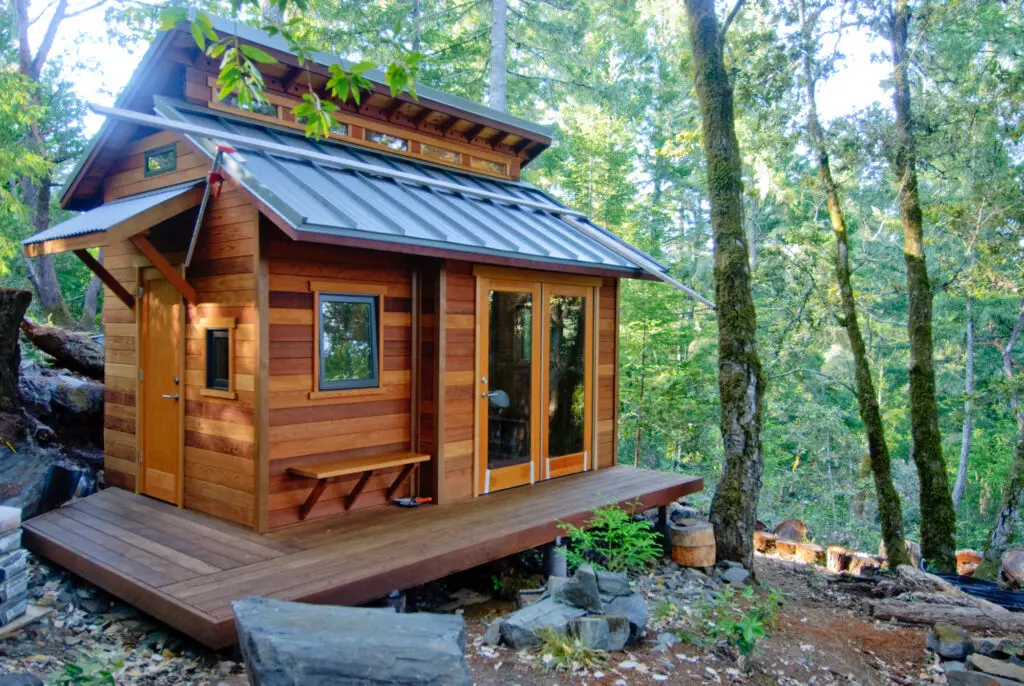
Many Americans are drawn to unconventional living because it offers a way to significantly reduce living expenses. The high costs associated with traditional homeownership, including mortgages, property taxes, and maintenance, can be overwhelming. Tiny homes, for example, cost a fraction of the price of a standard house, allowing individuals to live debt-free or with minimal financial obligations. The savings from these alternative lifestyles can be used for travel, investments, or pursuing personal passions.
In addition to the lower initial costs, unconventional living arrangements often come with fewer ongoing expenses. Utilities tend to be much cheaper in tiny homes or RVs, as these spaces are smaller and require less energy to maintain. This lifestyle change provides individuals with greater financial flexibility, enabling them to focus on other aspects of their life such as saving for the future or experiencing new adventures. The ability to live on a smaller budget while still enjoying a full and meaningful life is a major attraction.
2. Flexibility and Mobility
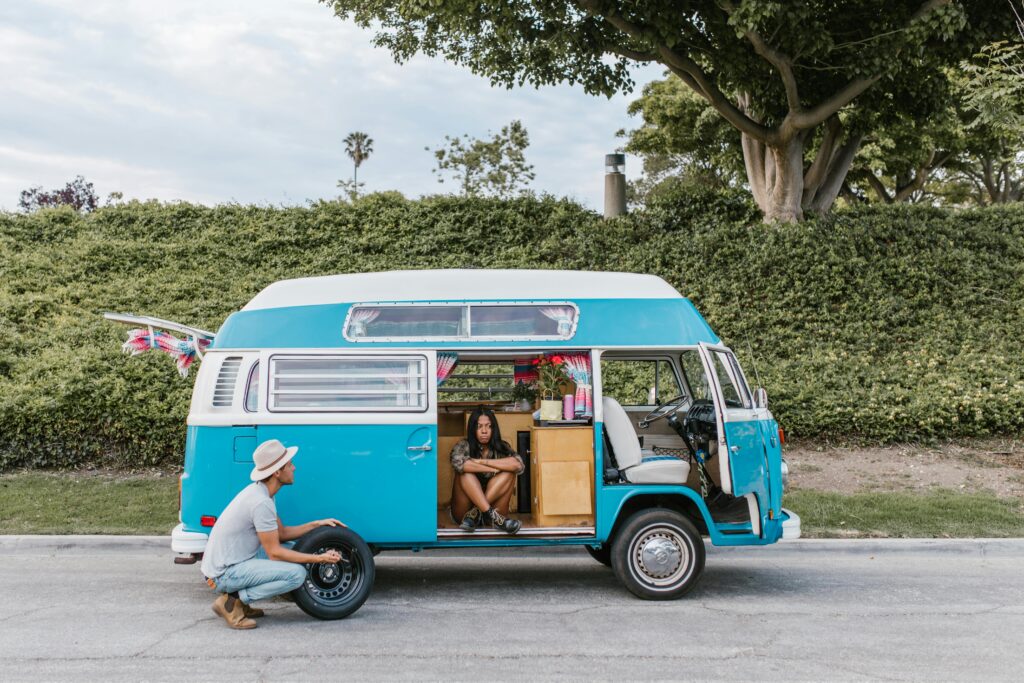
One of the most appealing aspects of unconventional living is the freedom to move whenever and wherever you want. Many people are opting for van life or RV living, which allows them to travel the country while maintaining a comfortable living space. The ability to pick up and go on a whim offers a sense of independence and adventure that traditional homeownership simply cannot provide. Those who crave flexibility in their daily lives can find it in these mobile living arrangements.
This mobility also supports the growing trend of remote work. With more jobs becoming location-independent, people can work from anywhere, including their home on wheels. The combination of a flexible job and a mobile living space allows individuals to explore new places without sacrificing their career or lifestyle. For many, this flexibility has become a priority over the stability and permanence offered by traditional homes.
3. Environmental Sustainability
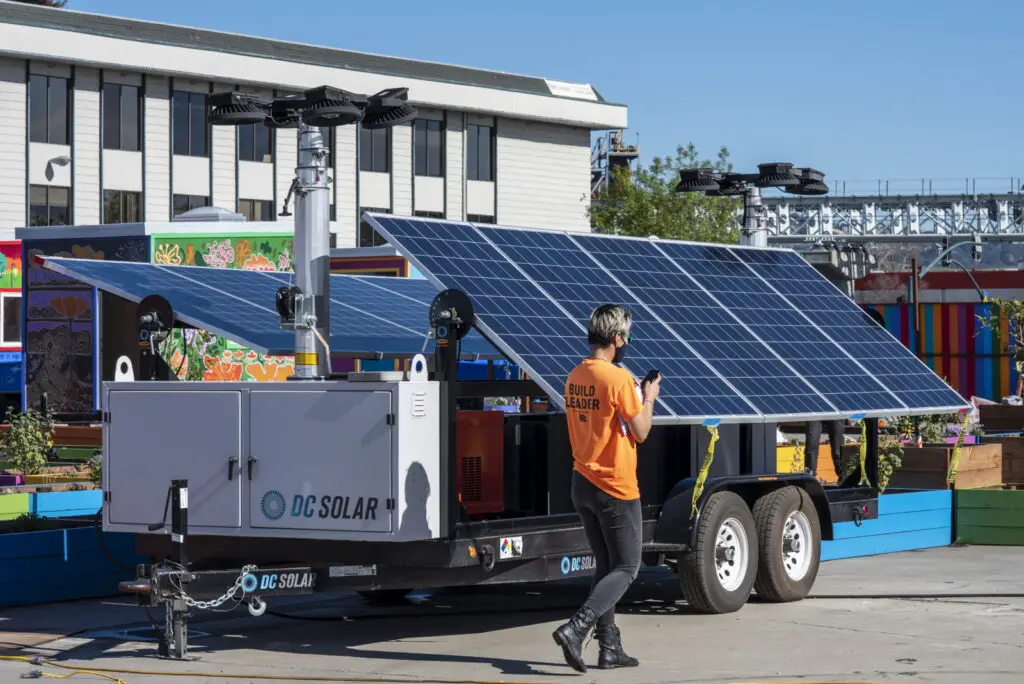
Sustainability is a key consideration for many Americans seeking to downsize and live more consciously. Alternative living options like tiny homes, yurts, and eco-friendly cabins are often designed with environmental sustainability in mind. These living arrangements use fewer resources, generate less waste, and have a smaller carbon footprint compared to traditional houses. People are increasingly interested in reducing their environmental impact and adopting more sustainable ways of living.
Additionally, many unconventional living spaces incorporate renewable energy sources, such as solar panels, to further minimize their ecological footprint. By utilizing energy-efficient appliances, rainwater collection systems, and composting toilets, these homes contribute to a more eco-friendly lifestyle. As climate change becomes a growing concern, Americans are increasingly recognizing that their choices can make a meaningful difference in the world around them. Living in a more sustainable way is not just an ideal; it has become an achievable goal for many who are looking for alternatives to traditional living.
4. Simplicity and Minimalism
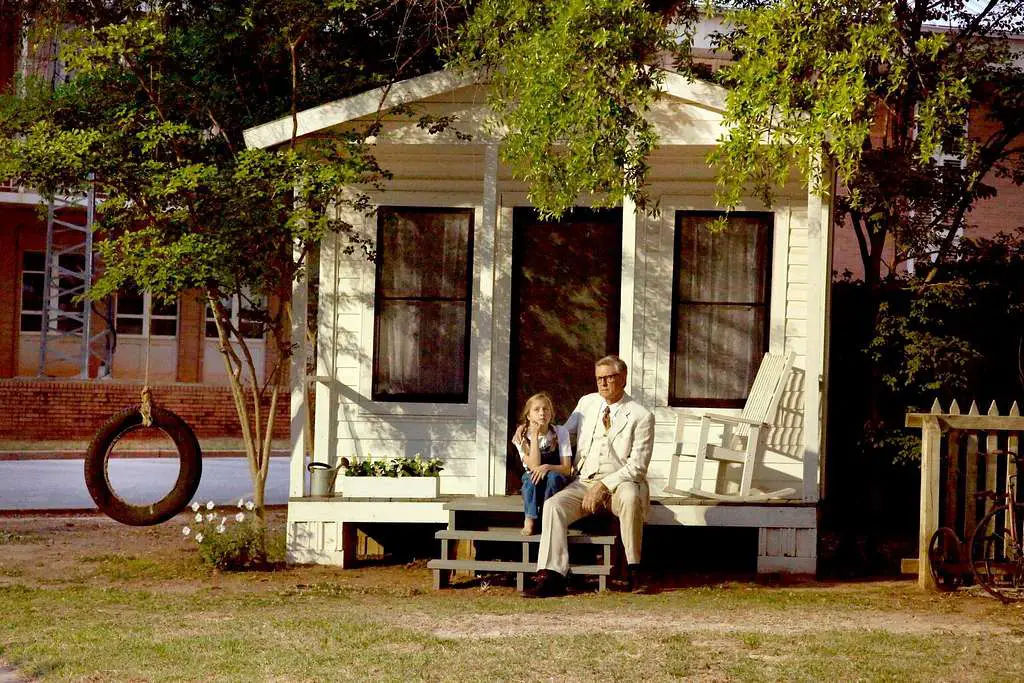
In today’s fast-paced world, many individuals are looking for a way to simplify their lives and focus on what truly matters. Downsizing to a smaller, unconventional home encourages minimalism by forcing people to reduce their material possessions. With limited space, individuals are more mindful of what they own and are often forced to prioritize quality over quantity. This shift toward minimalism provides a sense of mental clarity and relief from the pressures of consumerism.
Furthermore, living in a minimalist environment can help reduce stress and anxiety, as clutter and excess can often contribute to a feeling of overwhelm. Unconventional living fosters a mindset that values experiences, relationships, and personal growth over the accumulation of things. Many people find that by shedding unnecessary possessions and living more simply, they can focus more on their passions and live a life that feels more authentic and fulfilling. This shift towards a simpler lifestyle is a key driver in the rise of alternative living arrangements.
5. Stronger Sense of Community
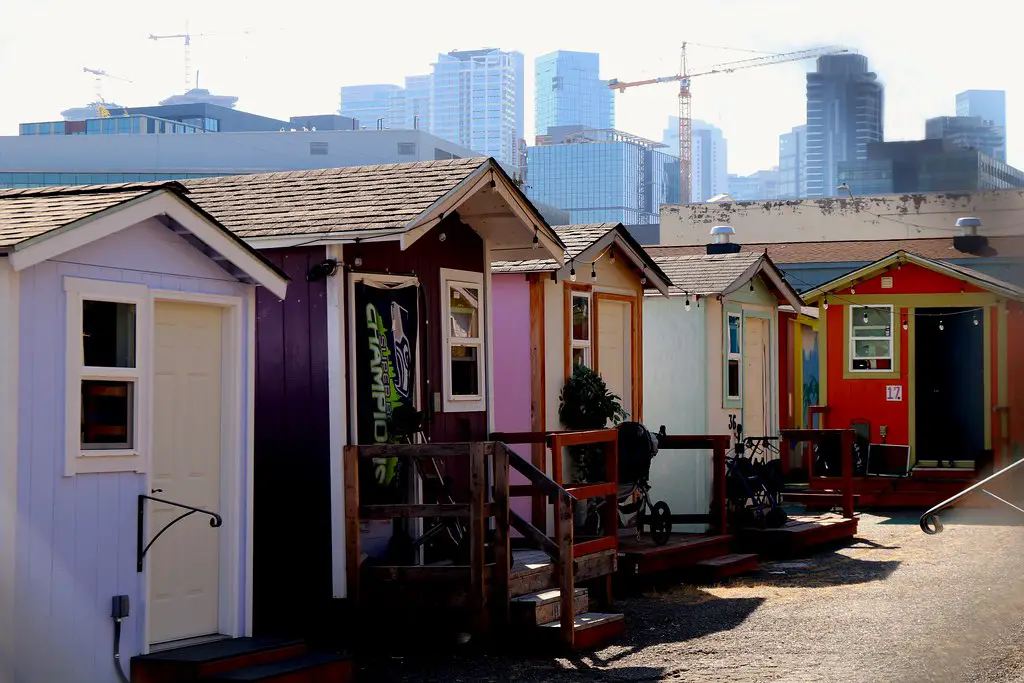
Unconventional living, particularly in co-living spaces or communal settings, fosters a stronger sense of community and connection. Many people are leaving behind the isolation of suburban neighborhoods in favor of closer-knit living environments where people interact and collaborate more frequently. Whether it’s in shared spaces or through group activities, these living arrangements encourage socialization and cooperation. The result is a more supportive and engaged living situation that appeals to those tired of traditional, isolated suburban life.
Co-living spaces, for example, offer the opportunity to build lasting relationships with like-minded individuals. The shared experience of living in a non-traditional home brings people together, creating bonds that might not form in the more isolated setting of a traditional neighborhood. In these communities, the focus is on collective living rather than individual ownership, and this can provide a more enriching and fulfilling social environment for many people. For those seeking a stronger sense of belonging, these alternative living spaces offer a refreshing change.
6. Greater Personalization
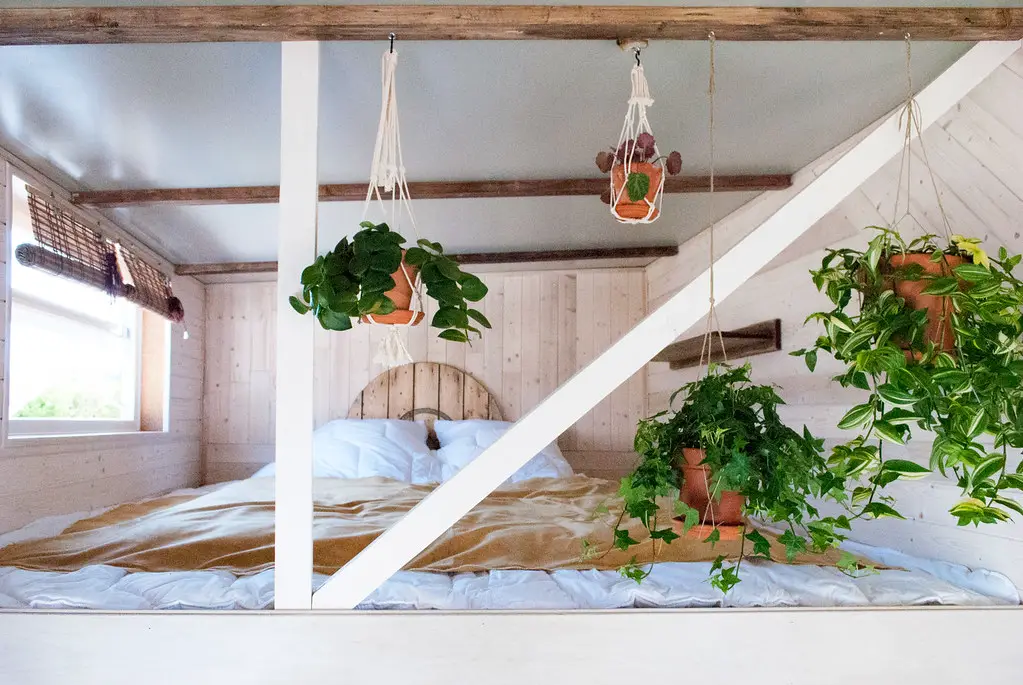
Unconventional living offers individuals the chance to design their homes in ways that truly reflect their personal style and needs. Traditional homes often come with strict design guidelines and a standard layout that leaves little room for customization. In contrast, tiny homes and RVs allow owners to create living spaces that are completely unique and tailored to their preferences. From the interior decor to the layout and functionality, the power to personalize one’s living space is a significant draw.
This greater level of control also extends to the building process. Many people who choose unconventional living options opt to build their own homes, giving them even more freedom in the design. Whether it’s a custom-built tiny home or an off-grid cabin, these homes can be constructed with specific materials, features, and design elements that make them truly one-of-a-kind. This level of customization is not only fulfilling but also ensures that the home meets the exact needs of its occupants.
7. Less Maintenance and Upkeep
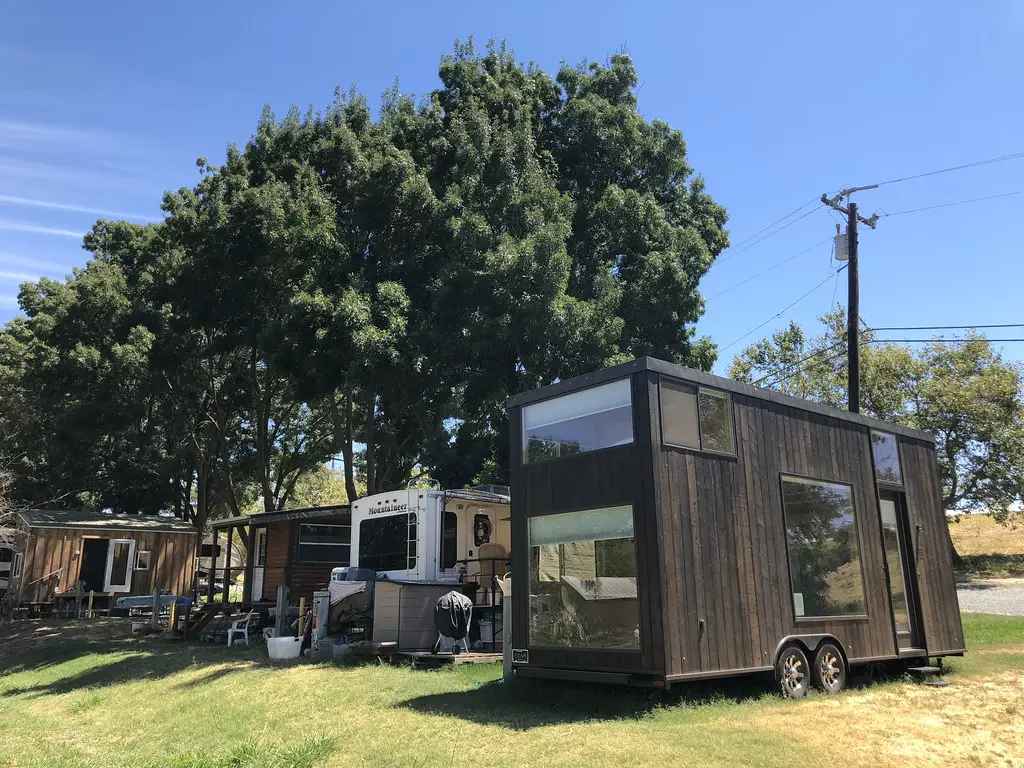
Owning a traditional home comes with a significant amount of upkeep and maintenance responsibilities. From lawn care to roof repairs, homeowners often find themselves dedicating large amounts of time and money to maintain their property. In contrast, unconventional living arrangements like tiny homes and RVs tend to require less maintenance due to their smaller size and simpler structures. This can be a huge relief for those who want to avoid the constant upkeep that comes with a traditional home.
Additionally, many alternative living options, such as off-grid homes or cabins, are designed to be low-maintenance by nature. With fewer complex systems and materials, these homes are easier to care for and can often be repaired more easily when needed. This lower level of maintenance frees up time and energy that can be spent on other activities, allowing residents to enjoy their living spaces without feeling overwhelmed by constant chores. For those tired of maintaining a large home, this simplicity can be a welcome change.
8. Increased Privacy
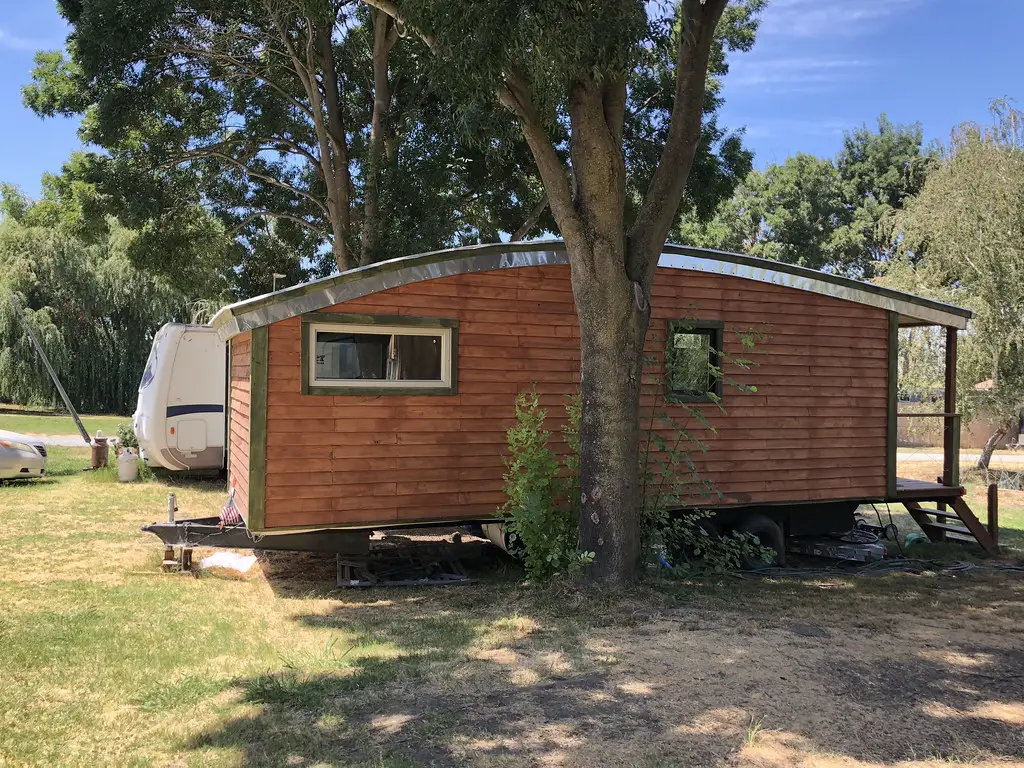
In traditional housing, especially in urban areas, privacy can often be a challenge due to close neighbors, shared walls, or crowded communities. Unconventional living arrangements, however, offer the opportunity for more personal space and greater seclusion. Whether it’s living in a tiny house on a remote plot of land or traveling in an RV, people can enjoy increased privacy and autonomy. These alternatives allow individuals to disconnect from the noise and distractions of busy neighborhoods and enjoy a peaceful, solitary environment.
For some, the ability to live without the constant pressure of prying eyes or intrusive neighbors is a major selling point. By opting for alternative living spaces, people can escape the limitations of conventional housing and experience a greater sense of control over their environment. This heightened privacy also allows for a more intimate and personal lifestyle, free from the constant demands of society. For those who value solitude, unconventional living offers a much-needed refuge.
9. Travel Opportunities

Many people who choose unconventional living do so because it offers them the chance to travel more freely. With options like van life, RV living, and even living on a boat, individuals can experience new locations and cultures without having to leave the comforts of home behind. The flexibility of moving from one destination to another means that travel can become a regular part of daily life rather than something reserved for occasional vacations. For those with a passion for exploration, this lifestyle provides endless opportunities for adventure.
The ability to work remotely and live in a variety of locations also allows for a deeper connection with different parts of the country or world. Instead of visiting as a tourist, those who embrace unconventional living can become more integrated into new communities and cultures. This ability to live on the move while experiencing new places firsthand can be an enriching and life-changing experience. It’s a lifestyle that blends travel with personal growth, making it highly appealing for those seeking both freedom and adventure.
10. Health and Wellness Focus
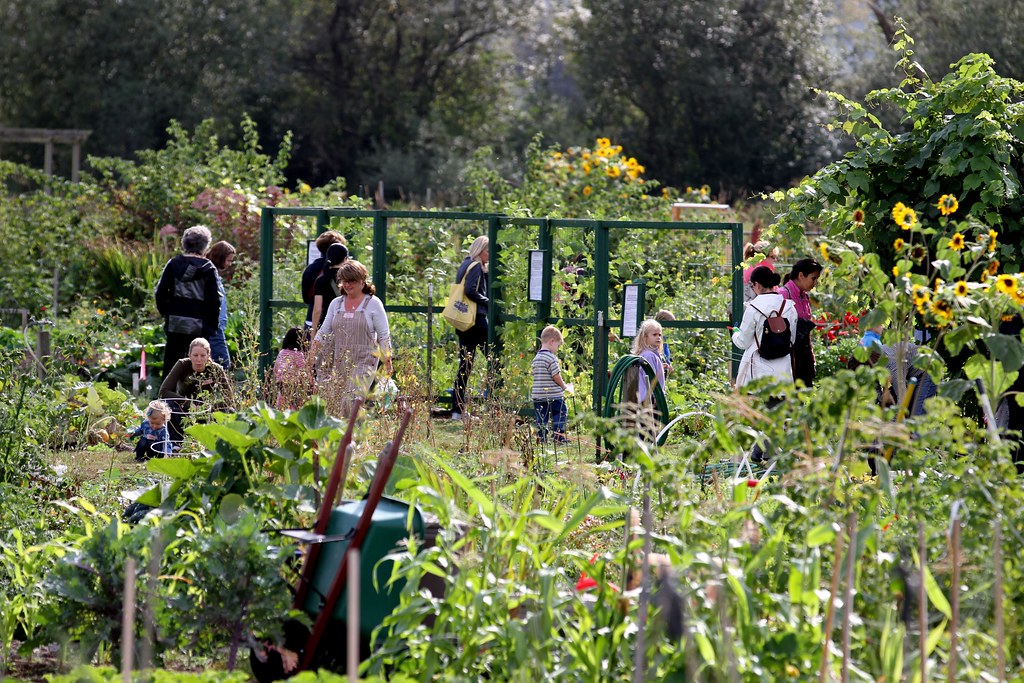
Unconventional living often promotes a healthier and more balanced lifestyle. Many people are choosing tiny homes or off-grid cabins in nature, where they can enjoy fresh air, outdoor activities, and a closer connection to the natural world. These living environments foster a lifestyle that encourages physical exercise, outdoor recreation, and a slower pace of life. The reduced distractions and simplified living conditions can also have positive effects on mental health, reducing stress and promoting mindfulness.
Additionally, many alternative living arrangements are designed to promote wellness in other ways. For example, eco-friendly homes often use non-toxic materials and energy-efficient systems that contribute to a healthier indoor environment. By focusing on wellness and incorporating healthier living practices, unconventional living offers individuals the chance to improve both their physical and mental well-being. This holistic approach to living resonates with many people looking to prioritize their health in a more meaningful way.
11. Rejecting Consumerism
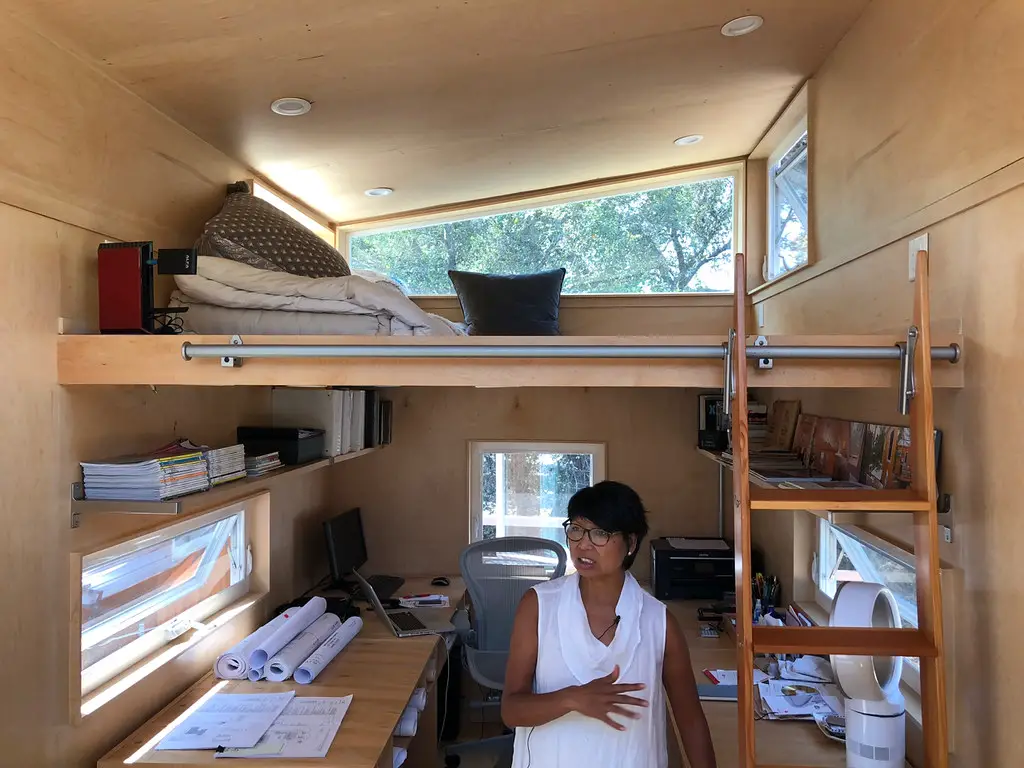
Finally, many Americans are embracing unconventional living as a way to reject the pressures of consumerism and materialism. In a world where excess and consumption are often seen as signs of success, some individuals are seeking to downsize and embrace a simpler, more fulfilling life. Living in a tiny home, RV, or off-grid cabin forces people to confront their relationship with material possessions and question what they truly need. It’s a lifestyle that prioritizes experiences and personal growth over the accumulation of things.
This rejection of consumerism also ties into a desire for greater freedom and autonomy. By reducing dependence on material goods, individuals can live more intentionally and focus on the things that truly matter to them. Many people find that by embracing this minimalist and unconventional lifestyle, they are able to live more authentically and connect with what truly brings them joy. The rise of unconventional living is, in many ways, a direct response to the excess and pressures of traditional homeownership and consumer culture.
